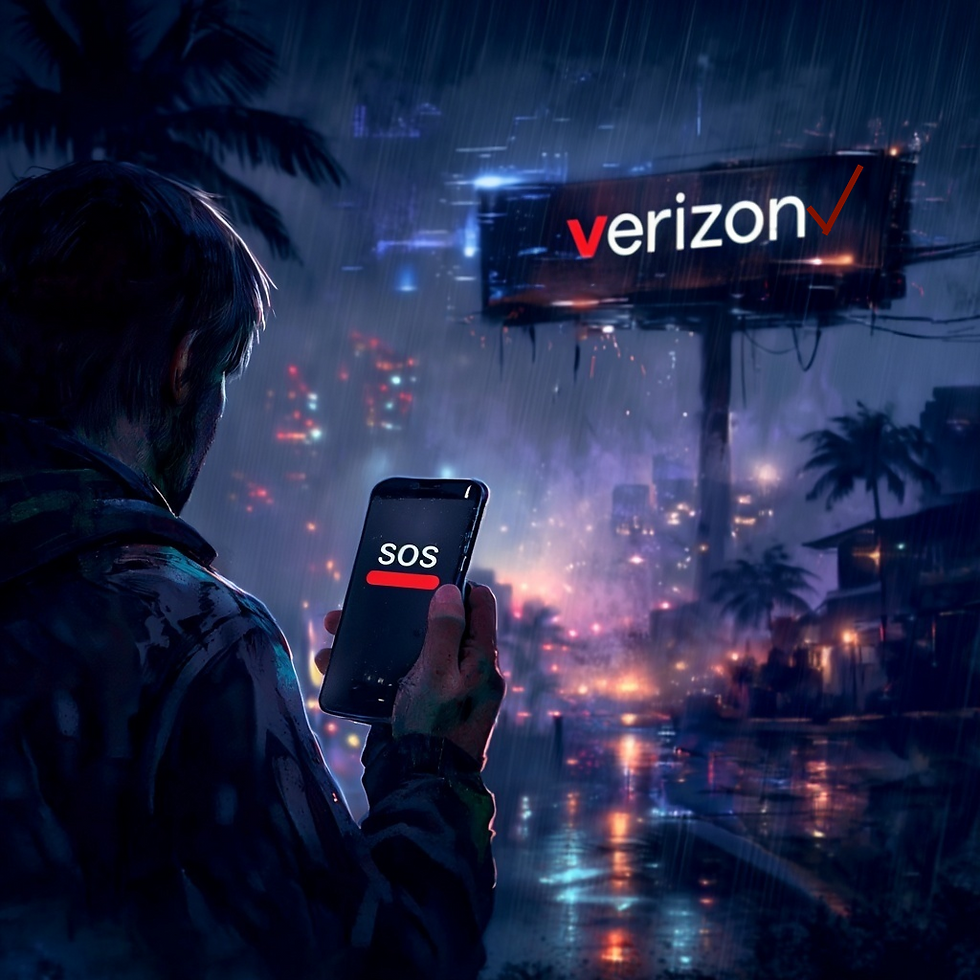FBI says beware of last minute shopping scams
- cypac1
- Dec 20, 2024
- 3 min read

'Tis the season to be worried. According to recent estimates, 2024 is going to set a new high for cybercrime. In fact the FBI just launched a series of campaigns warning the public of new stranger dangers and how to stay safe.
"Scammers,” the FBI warns, “offer too-good-to-be-true deals via phishing emails or ads. Such schemes may offer brand-name merchandise at extremely low prices, offer gift cards as an incentive, or offer products at a great price, but the product you receive is different than ordered."
The timing is perfect as the holidays are a time when shoppers are typically scrambling for last minute gifts. Google’s Gmail team also just issued a warning, stating that “since mid-November, we’ve seen a massive surge in email traffic compared to previous months, making protecting inboxes an even greater challenge than normal.”
The Takeaway
Over the past few months there's been an unusual surge in phishing and fake web domains. Why? You can thank AI. It's now easier than ever for the bad guys to create compelling emails and websites, mimicking logos, product imagery and descriptions with few mistakes. All that said, the FBI’s advice on phishing attacks remains the same: * Remember that companies generally won't contact you to ask for your username or password. * Don’t click on anything in an unsolicited email or text message. Look up the company’s phone number on your own (don’t use the one a potential scammer is providing), and call the company to ask if the request is legitimate. * Carefully examine the email address, URL and spelling used in any correspondence. Scammers use slight differences to trick your eye to gain your trust. * Be careful of what you download. Never open an email attachment from someone you don’t know and be wary of email attachments forwarded to you. * Set up two-factor (or multi-factor) authentication on any account that allows it and never disable it. And if possible, use and Authenticator app, not text based two-factor. Why? See our article from earlier this month: FBI warns iPhone and Android users to stop texting
* Be careful with what information you share online or on social media. By openly sharing details like pet names, schools attended, family members, and birthday, you can give a scammer all the information they need to guess your password or answer security questions.
The best advice remains to ignore marketing emails—especially since the research suggests that most of them are scams.
Stay safe out there. -Attila Announcement: The Riskara 360 Employee Security Risk Assessment is coming soon. It reveals the employee behaviors and habits that could be putting your organization in jeopardy and gives you a step by step plan to making those critical improvements. We've had a lot of interest in the assessment since announcing it's development. Click here to request early access.
PS. If you think that this email might be helpful to a friend, family member, client or co-worker, feel free to pass it along. Thank you for your continued support of Cypac's mission. Thank you for helping us accelerate humanity toward a safer, more secure high-tech future.
New Friday Funnies
One night a Viking named Rudolph the Red was looking out the window
when he said, “It’s going to rain.”
His wife asked, “How do you know?” “Because Rudolph the Red knows rain, dear.” Knock, knock.
Who’s there?
Pizza.
Pizza, who?
Pizza on earth, good will toward men!






Comments